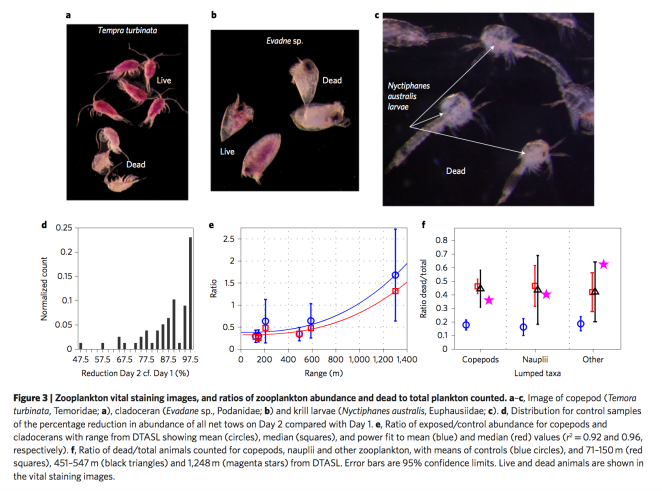
Figure 1 | Potential undiscovered oil deposits worldwide and seismic survey scales. a, Estimated undiscovered marine oil deposits shown by geological province using a logarithmic colour scale in millions of barrels of oil equivalent (MMBOE; source: USGS data6 for 2012), location of experiment shown by a star symbol. b, A typical 3D seismic survey area, located by the black circle in a. c, Close-up of seismic lines with individual air gun firing locations, from the area indicated by the white rectangle in b.
According to a recently published, peer reviewed, study titled “Widely used marine seismic survey air gun operations negatively impact zooplankton,” in the journal Nature seismic surveys are actually killing off zooplankton, the basis of the entire oceanic food chain.
These study results have far-reaching implications and should not be dismissed (as the seismic industry is doing). Zooplankton form the base of the food chain for almost all marine mammals. Seismic surveys are being down all over the world right now, exploding the loudest man-made noise in the world (only below the detonation of an atomic bomb at 260 decibels) every ten seconds, 24 hours a day, for decades to come. These sounds travel throughout the ocean, reverberating along seafloor mountains and drowning out marine mammals vocals that they rely upon for navigation, feeding, and nurturing of their offspring.
Take action as this may be the death knell to the ocean as humans search for more and more remote undersea oil throughout the world and including the delicate Arctic region.
Plankton also supply half of the oxygen we breathe and are the base of the ocean food web – with less plankton there is less for fish to eat at a time when the world is increasingly looking to the ocean to provide food.
“Zooplankton underpin the health and productivity of global marine ecosystems. Here we present evidence that suggests seismic surveys cause significant mortality to zooplankton populations. Seismic surveys are used extensively to explore for petroleum resources using intense, low-frequency, acoustic impulse signals. Experimental air gun signal exposure decreased zooplankton abundance when compared with controls, as measured by sonar (~3–4 dB drop within 15–30 min) and net tows (median 64% decrease within 1 h), and caused a two- to threefold increase in dead adult and larval zooplankton. Impacts were observed out to the maximum 1.2 km range sampled, which was more than two orders of magnitude greater than the previously assumed impact range of 10 m. Although no adult krill were present, all larval krill were killed after air gun pas- sage. There is a significant and unacknowledged potential for ocean ecosystem function and productivity to be negatively impacted by present seismic technology.”
The search for oil and gas deposits beneath the sea uses acoustic imaging techniques that are deadly to vital marine organisms, according to new research.

LINK TO THE PDF VERSION OF THE NATURE STUDY.
The Trump Administration is pushing for seismic surveys, banned by Obama, to be re-opened along the Atlantic Coast of the US. You have fifteen days to comment on the permitting process – see link below.
Submit a Formal Comment to NOAA regarding re-opening seismic cannon survey permits on the Atlantic Seaboard of the United States here.
YOU ONLY HAVE TEN DAYS LEFT TO COMMENT! (update: Comment Period Extended another 15 days. Here.
https://psmag.com/news/pour-one-out-for-an-organism-you-probably-only-know-because-of-spongebob
Researchers have long known that air gun blasts can disrupt hearing in whales and dolphins, which rely on acoustic signals for everything from hunting to mating. But until now, no one had looked into what effect seismic surveys were having on plankton, despite the outsized role these tiny drifters have in marine ecosystems.
“Plankton is the base of the food chain,” says Jayson Semmens, an associate professor at the University of Tasmania and lead author on the new study. “It all starts with them, so if they’re affected, that affects everything—including whales.” Semmens and his colleagues realized it was impossible to determine the full effect of seismic testing on megafauna like whales without understanding how it influenced the abundance and behavior of the organisms that make up the base of marine food chains.
https://cosmosmagazine.com/biology/plankton-at-risk-from-seafloor-mining-surveys